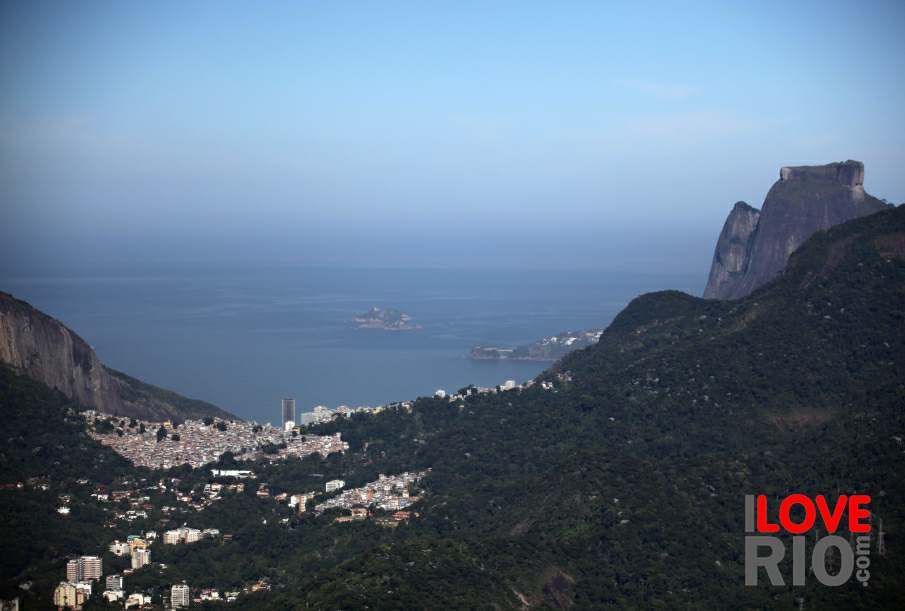

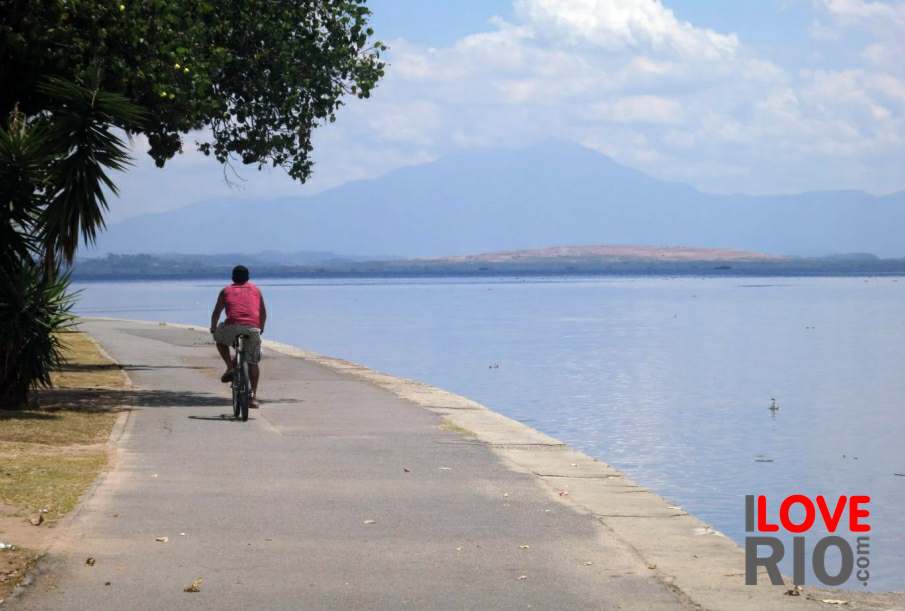
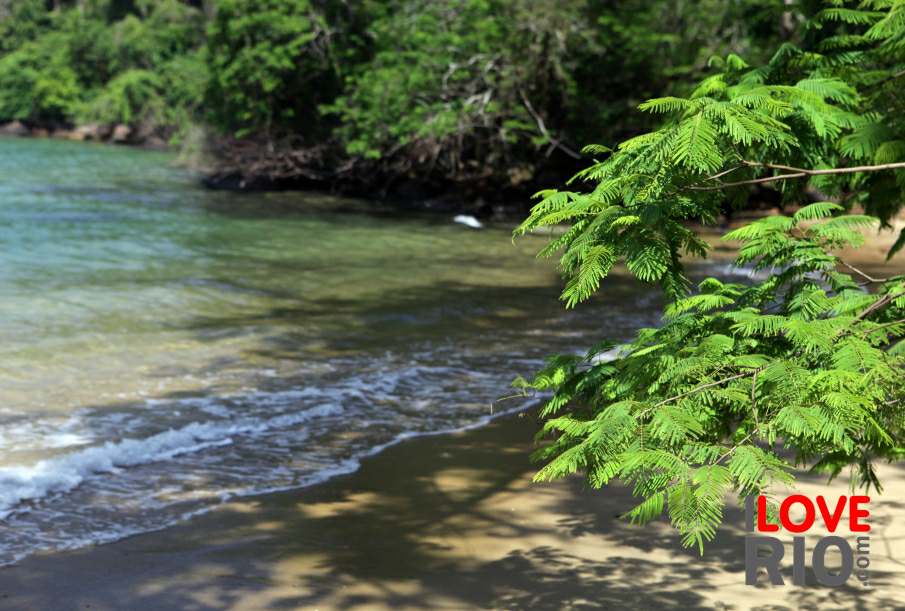
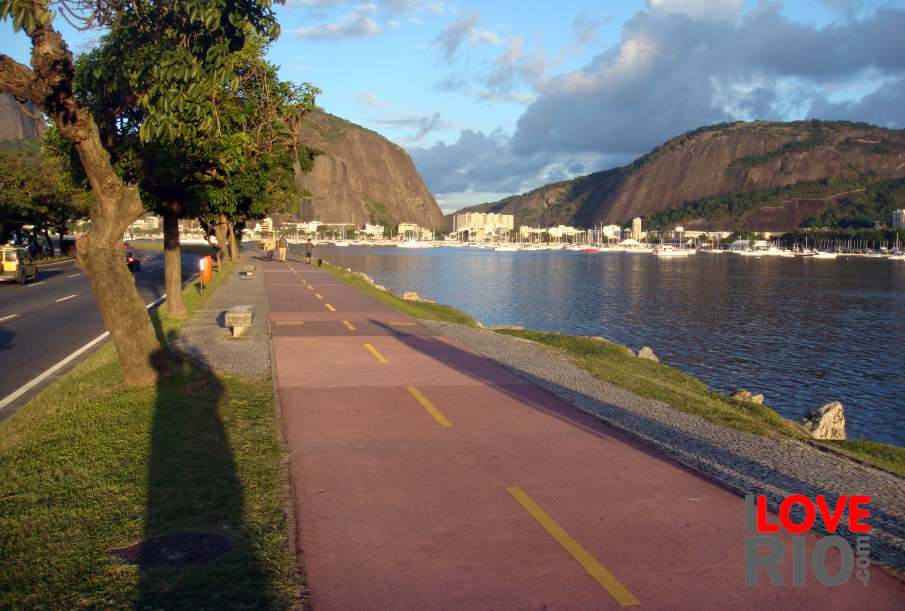
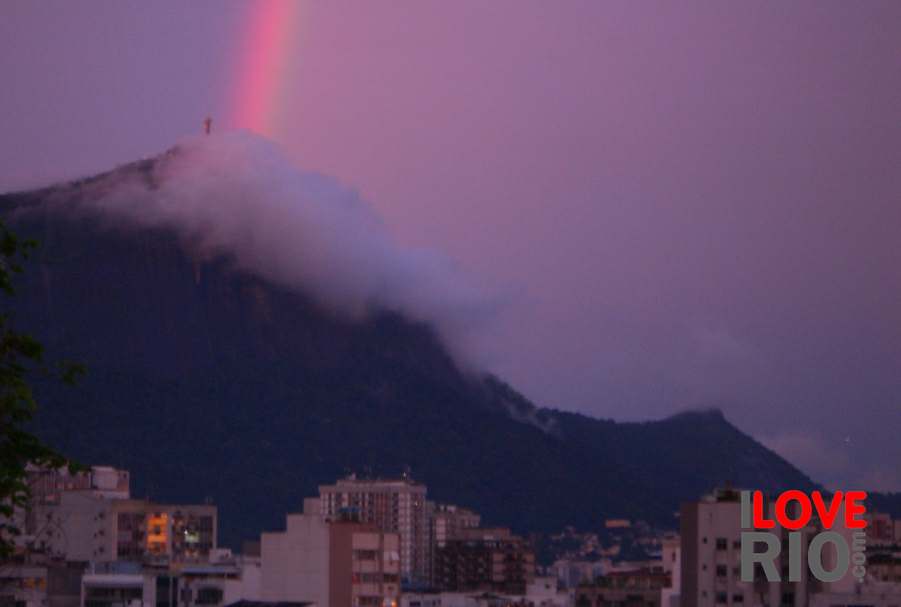
many indigenous languages in Brazil give literal references to their surrounding by naming places and objects by their associated qualitites - in several of the tupi-guarani rooted indigenous languages, 'ipanema' means 'bad water' and one theory suggests 'bad water' is connected to fishing, while another holds that it is refering the undertow.
anyone who is having troubles getting back to shore should do do their best to signal towards the lifeguards post - for individuals on the beach who observe someone struggling in the water they should also alert the lifeguards.
lifeguard posts are built along the beaches ever few hundred meters and lifeguards, 'salvavidas,' constantly patrol the waves and the sand - additionally, along with stationary lifeguards, there are helicopters patrolling the shore and watching for swimmers in trouble - in case of distress these helicopters literally fish the swimmers out of the water.

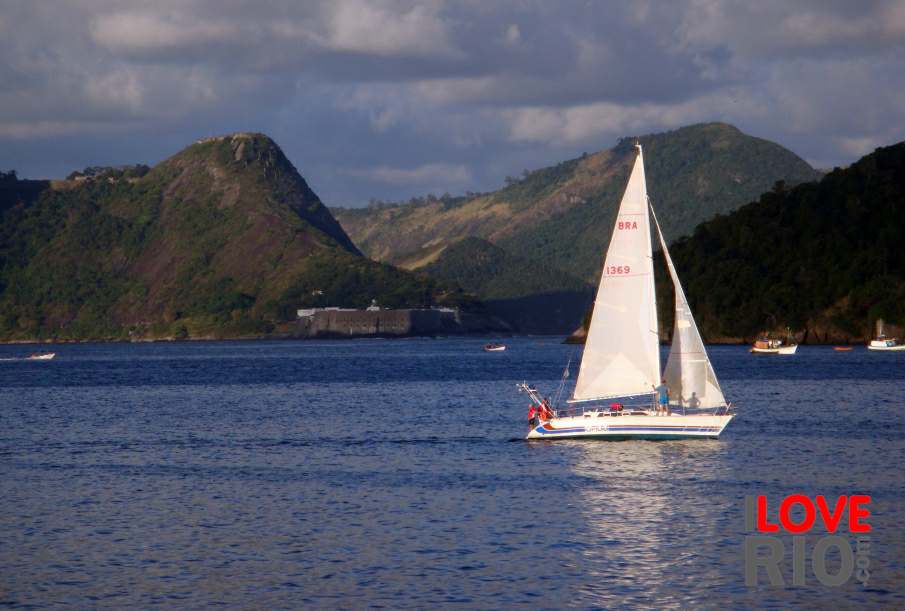


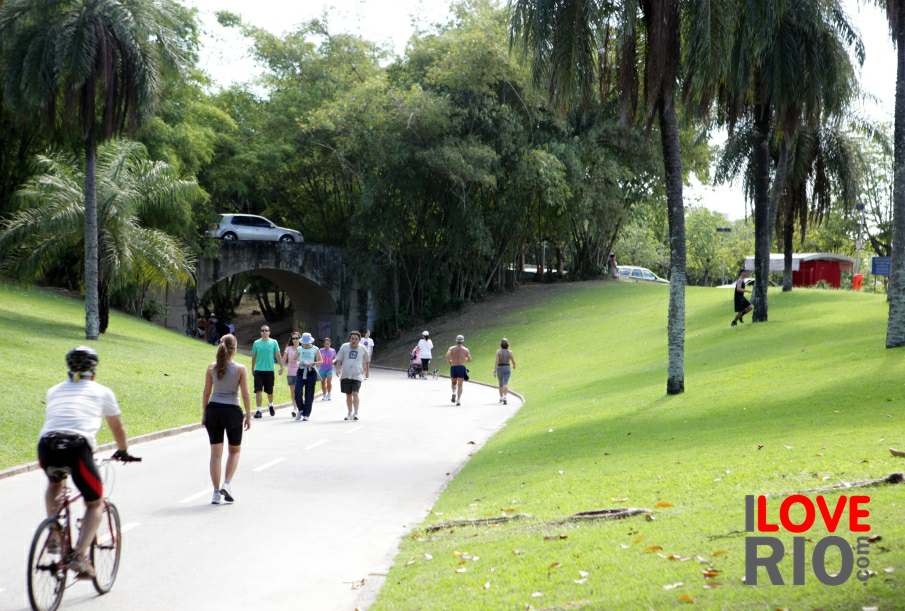
safety





